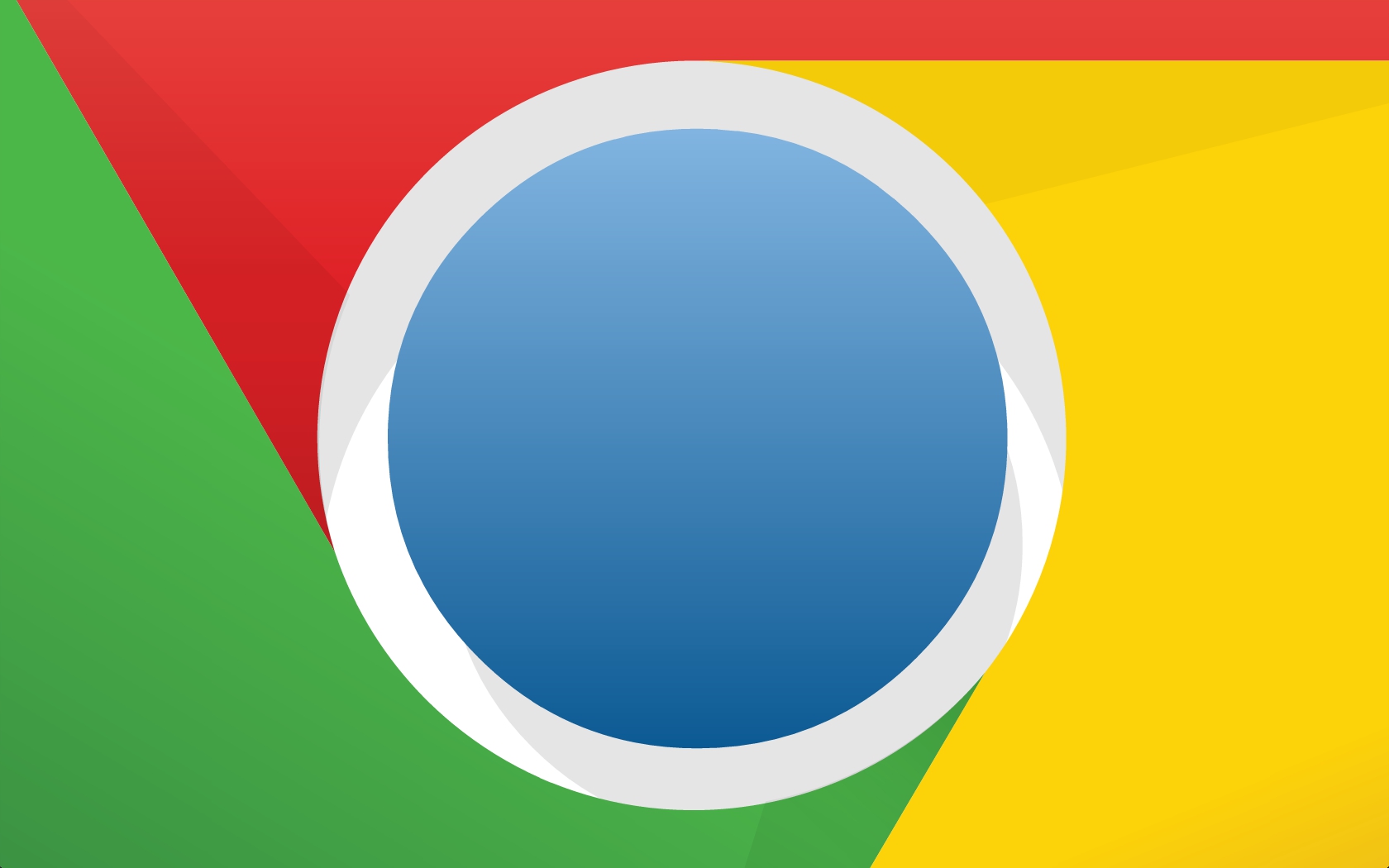It madness google are so easily rolling this out and dictating across the globe what is acceptable user experience. The Coalition for Better Ads is a industry group (only recently formed) who have been tricked into thinking they were building an orderly industry body and to find Google has taken advantage of them by using this as their excuse to regulate the industry to their benefit. You can see other members of that group like the IAB who have written an open letter late 2017 confirming they don't agree with google plans
http://adage.com/article/digital/trade-bodies-google-judge-jury-executioner/310865/
(Its noteworthy, to my knowledge IAB has never written such an open letter before).
For me, I have a pop-up which is show after strict page and time based triggers on my site. Its not full screen format & if closed by a user they don't show again for another 180 days. The overlay/pop-up offers users the option to sign -up to my newsletter and benefit from a small monthly prize. This unit gets slightly above 1% impression to sign-up rate and is the backbone to my member list (85% my sign-ups). My previous touch points for the same newsletter involved X3 sizeable banners across most pages on my site for which I got minimal sign-ups and site was cluttered with banners. Why should google dictate to me how I design my site ? how is it reasonable that google has become the police of user experience?
As it seem my overlay/pop-up is going to be forcefully removed by Chrome - I'm trying to investigate this issue and have spent time on
https://www.google.com/webmasters/tools/ad-experience-unverified?hl=en. This is google's site for checking the Ad Experience Report. Some issues I've found so far:
1) google webtools offer "other" units (note: which google naturally support can serve via their ad product) which they explain gives the same real estate. In fact, these units are X3 times bigger then my smaller pop-up and thus I'd prefer not to use them as I don't like them and I don't think my users will either.
2) The video explains that all pop-ups are going to be blocked? I'm rather sure that's totally misleading as Coalition for Better Ads says its only pop-ups which consume more then 30% of the page. Google video shows a very small pop-up & again explains it "all" pop-ups. Is google (a) being stricter then the Coalition for Better Ads (b) the content on this site is misleading.
3) I've member of google.com/webmasters/tools for years and the video indicates I can test and get reviewed. That is incorrect, I can't even "request a review" and the video is very unclear. So again, mid Feb google will be rolling out and blocking "all pop-ups" and there is no way I can actually test? I understand google has thousands of developers so does not have resource issues like everyone else, but they've clearly set short timeline of mid feb and from what I can tell are making it very tough to actually review this issue.
4) hypocrites. I'm amused by this article about admob dealing with incorrect publisher fears about on-the-page ads.https://www.seroundtable.com/admob-interstitials-penalty-23491.html. Google are NOT blocking pop-ups within mobile apps but are blocking pop-ups in mobile website? So admob (as I'm sure everyone knows is google in-app advertising platform) has no issues with pop-ups and I can serve these all day to mobile users within my app.
In a nutshell, annoying ads are an issue and its actually a very complex issue. For me and my site I'm keen not to annoy my users and I'm keen to build up newsletter sign-ups. Right now due to my overlay display rules, smart and small units I serve my pop-up to only 3-4% of my daily impressions verse previously 3 banners to all impressions and get far more sign-ups. The decisions behind my site design should not be controlled by the worlds largest advertising company and it sad that it is. I agree with the post before mine, this is not google being the good guy, they are carefully making sure their market share keeps growing and their products stay at the very top.

